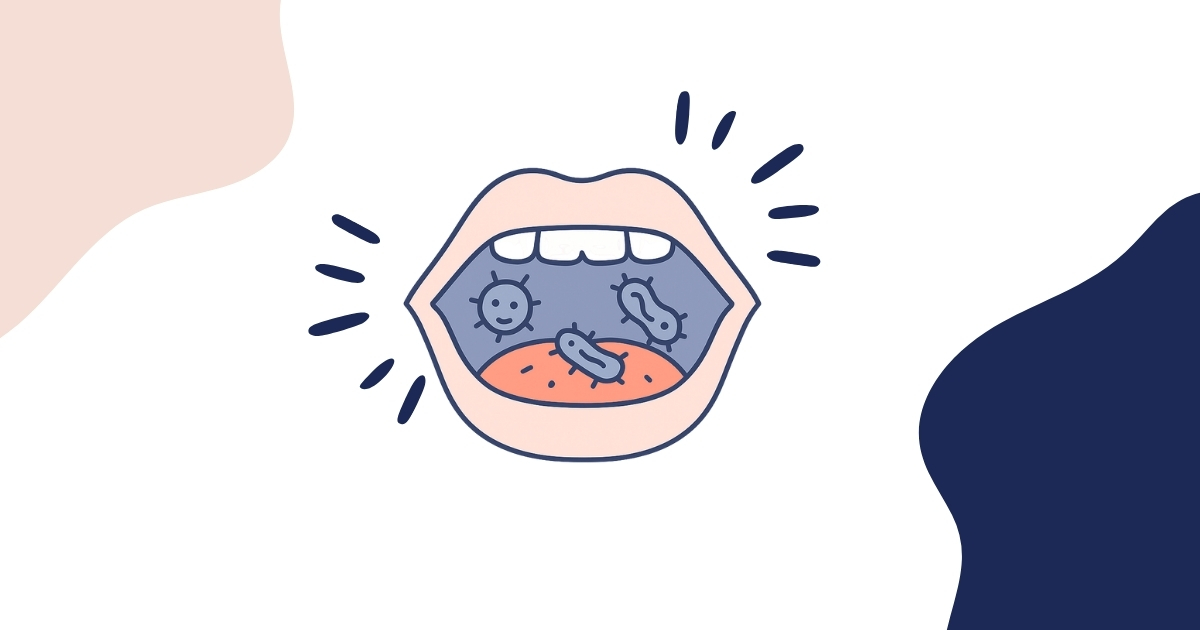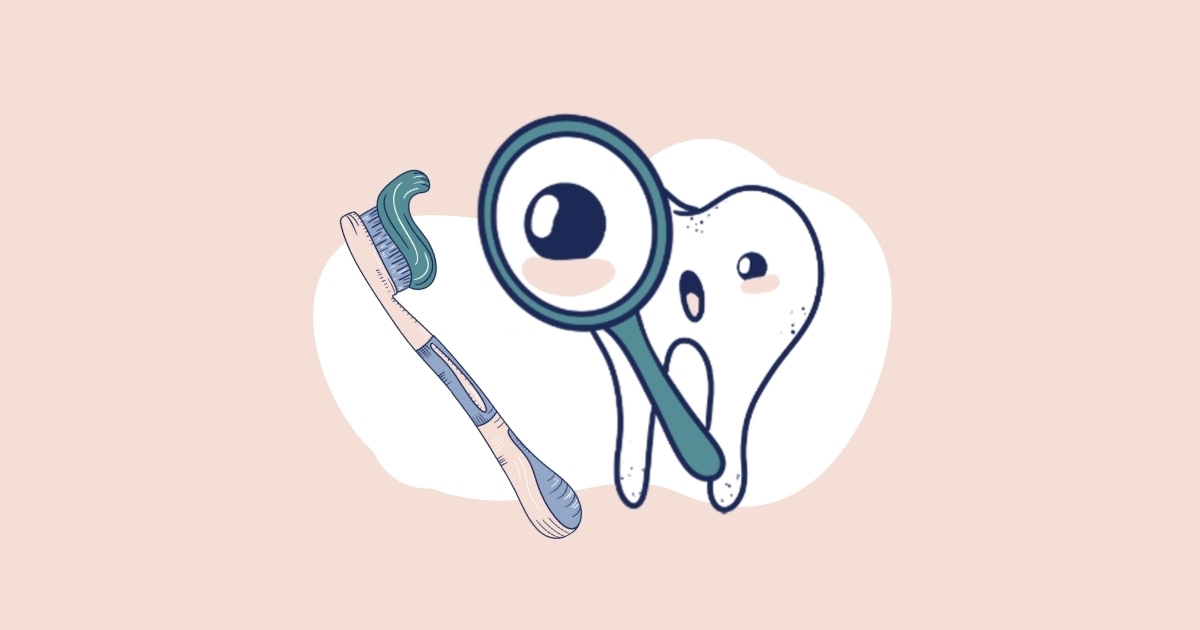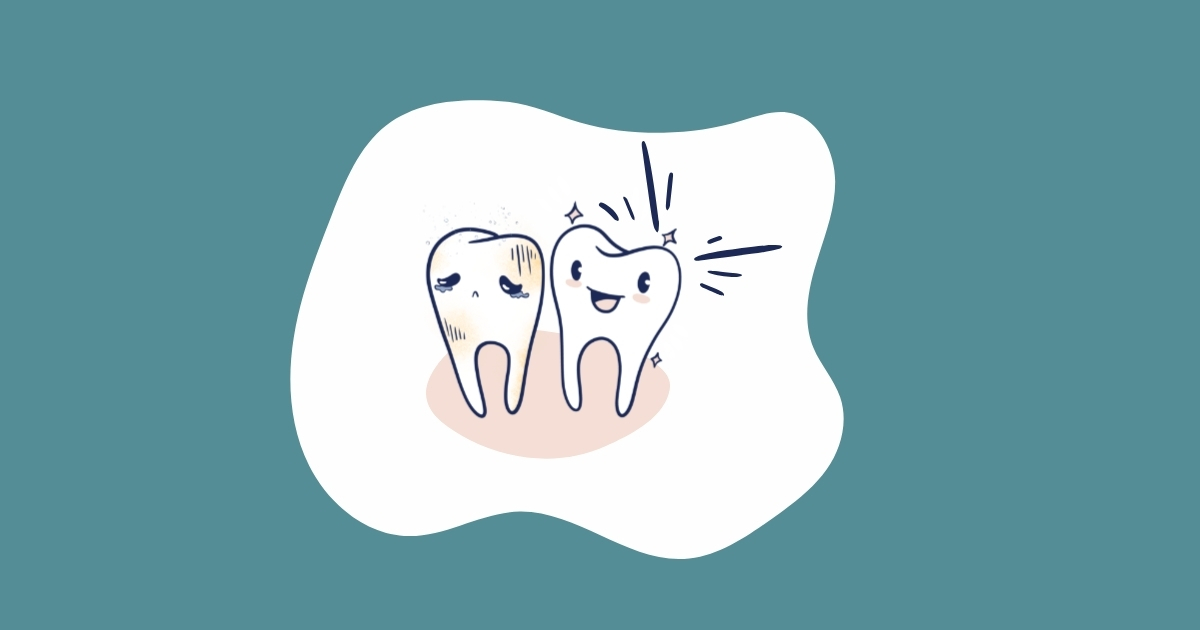How Oral Health Impacts Overall Health
Your mouth isn’t just where brushing happens. It’s home to a bustling community of microbes that work around the clock to help protect your teeth, support healthy gums, and communicate with the rest of your body. This living ecosystem is called the oral microbiome, and when it’s balanced, it supports your systemic health in powerful ways. When it’s off-balance, your body can feel it.

What Is the Oral Microbiome?
Think of the oral microbiome as a neighborhood: billions of bacteria, fungi, and viruses living on your teeth, tongue, cheeks, and gums. In a healthy “neighborhood,” beneficial microbes help:
- Buffer acids that wear down enamel
- Support remineralization through saliva minerals like calcium and phosphate
- Keep troublemaking species in check so the whole system stays stable
- Contribute to nitric oxide pathways through nitrate-reducing bacteria, which are linked to vascular tone and metabolic signaling
When balance tips the wrong way, a state called dysbiosis, you may notice everyday signs such as persistent bad breath, more frequent cavities, or a dry mouth feeling. That imbalance can also nudge the body toward more inflammation, which is why caring for your oral microbiome is really caring for your whole self.

How Oral Microbes Influence Systemic Health
A quick note for context: research shows strong associations between oral health and overall health. Scientists are still studying which relationships are causal, but the mouth-body connection is real and worth your attention.
Your mouth is a frontline for your immune system. Here’s how shifts in the oral microbiome can ripple beyond your smile:
- Inflammation signals: Local imbalance can send low-grade inflammatory signals throughout the body.
- Immune communication: The lining of your mouth constantly “checks in” with your immune system, and microbial changes can influence how your body responds.
- Everyday entry points: Chewing and brushing can allow tiny amounts of oral bacteria or byproducts into the bloodstream, and your body responds. In people with vulnerable sites, such as a recent joint replacement or an artificial heart valve, these bacteria can seed infections. This is why some patients are advised to take antibiotics before certain dental procedures, based on guidance from their medical and dental providers. Bleeding gums create more potential entry points, which is why it is so important to keep bacteria from accumulating at the gumline with consistent brushing and flossing.
- Nitric oxide support: Beneficial oral bacteria help convert dietary nitrates (think leafy greens and beets) into nitric oxide, a molecule tied to healthy blood vessels and metabolic function.
Curious about the science (in a very listenable format)? This interview with pediatric dentist Dr. Staci Whitman explores how the oral microbiome interfaces with whole-body wellness. It is also available as a podcast on your favorite podcast platform.

Daily Habits That Support a Healthy Oral Microbiome
Hydration & Saliva
Saliva is your natural defender: it neutralizes acids, carries minerals for enamel repair, and helps maintain a stable pH. When you are dehydrated or have reduced saliva due to age or medications, your teeth are not getting the defense they need. Managing dry mouth from medications, dehydration, or mouth breathing can dramatically improve balance. Sip water throughout the day to stay hydrated and keep your mouth moisturized and balanced.
Smart Nutrition
- Prioritize whole foods rich in minerals (calcium, phosphorus) and vitamins that support oral tissues.
- Limit frequent sugar and acid hits (sodas, energy drinks, constant snacking) that drop pH and feed acid-loving microbes.
- Add nitrate-rich veggies (leafy greens, beets) to support those helpful nitrate-reducing bacteria and nitric oxide pathways.
Thoughtful Home Care
- Brush twice daily with fluoride toothpaste. Fluoride reduces the growth and “stickiness” of cavity-causing bacteria. It also makes your tooth surface more resistant to mineral loss from acid exposure in your diet.
- Clean between teeth daily with floss or another interdental brush. Trapped bacteria between teeth cause increased gum inflammation and bleeding, which introduces inflammatory mediators and bacteria into the body’s bloodstream.
- Gently clean your tongue since it is a major microbial surface.
- Choose alcohol-free rinses when possible, and use antimicrobial rinses only as directed. Too much can disrupt balance.
- Consider xylitol gum or lozenges to encourage saliva flow and discourage cavity-causing bacteria.
Breathing and Sleep Basics
How you breathe matters. Mouth breathing dries tissues and lowers pH, which can shift your oral microbiome toward imbalance. If you are experiencing snoring, nighttime dryness, or frequent morning headaches, try simple changes like a bedside humidifier and nasal saline. Breathing through your nose moistens and filters the air you breathe, keeping your body healthier.
Keep Your
Microbiome Happy
If you notice ongoing bad breath, frequent cavities, inflamed or bleeding gums, or recent changes in medications or diet, it may be time to check in with your dentist. A quick conversation can help you understand what your oral microbiome needs and what small steps can make a big difference. If you have questions or concerns, call our office at (704) 864-9949. We are here to help you feel confident about your mouth and your health.




